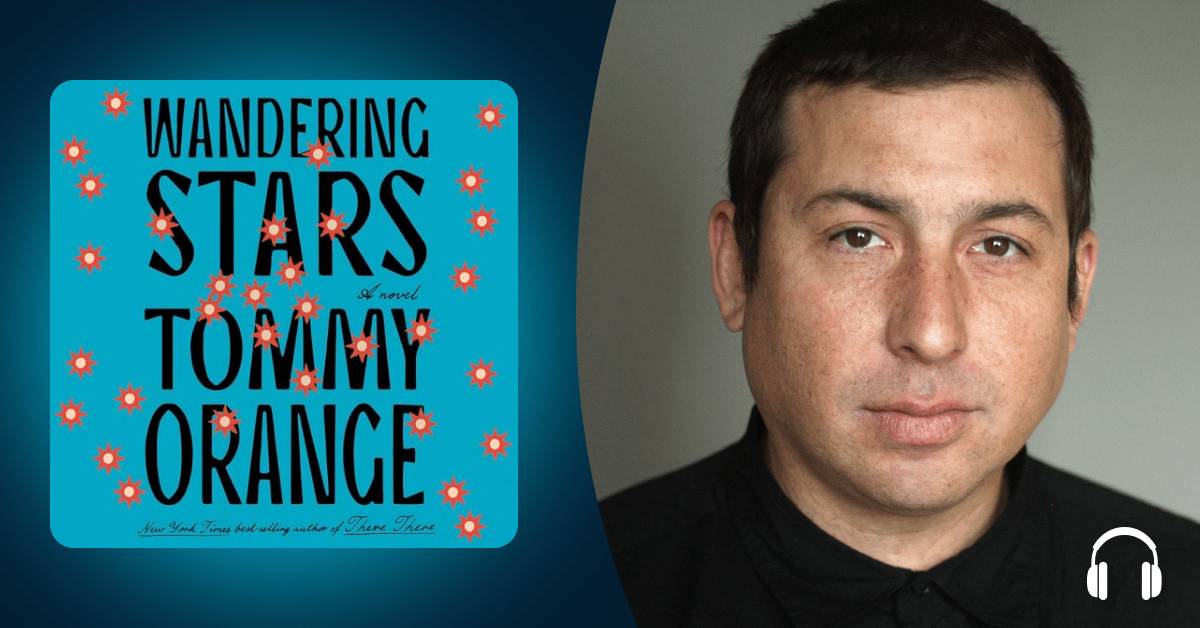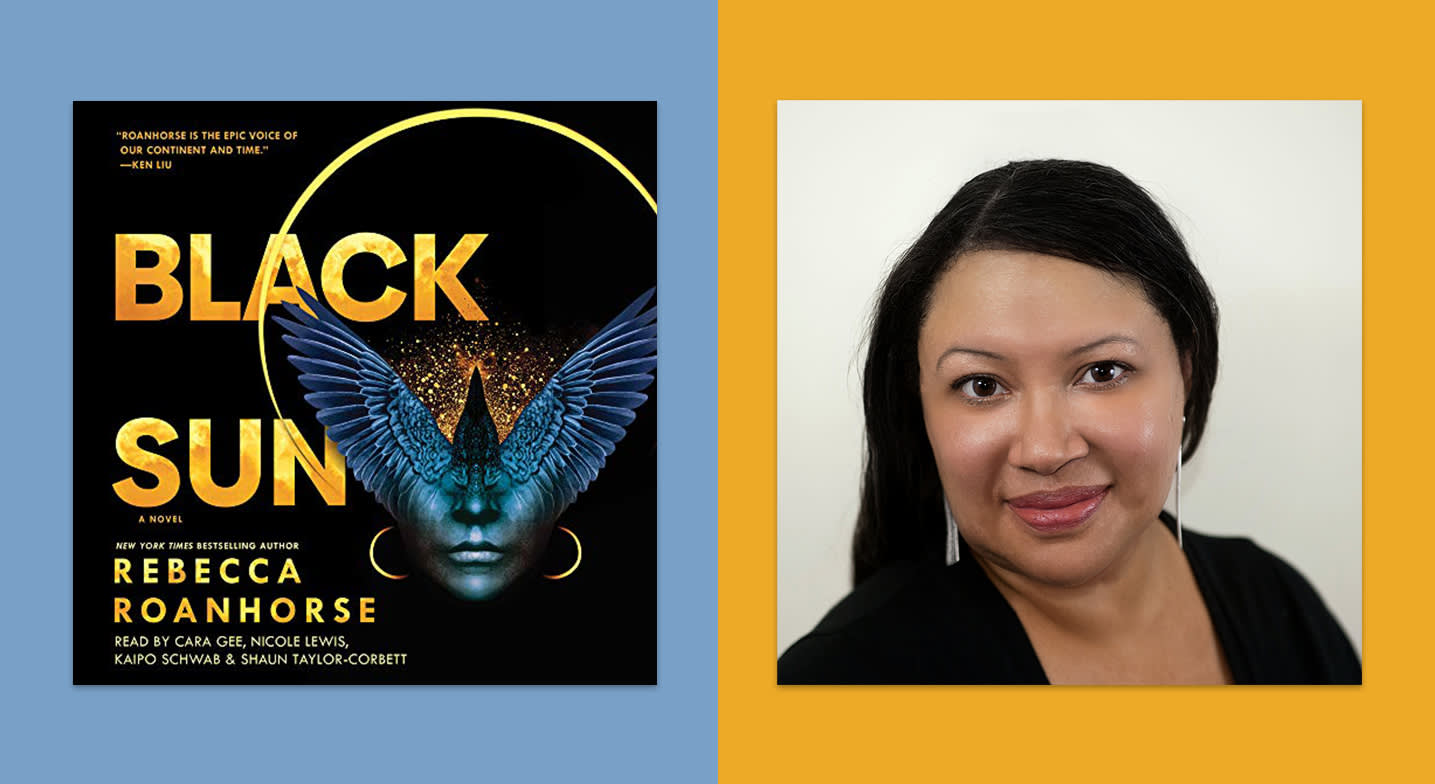Set against the backdrop of two landmark 2020 Supreme Court cases, Sharp v. Murphy and McGirt v. Oklahoma, By the Fire We Carry examines the events that led to the result—the largest restoration of Tribal land and sovereignty in US history. From the 1999 murder on Muscogee Nation land that spurred these cases to the preceding hundreds of years of genocide and terror, Rebecca Nagle’s comprehensive reporting provides listeners with the legal context, both historical and contemporary, behind America's relationship with Indigenous nations and legacy of colonization.
Nagle delivers an important and timely mix of history and journalism that doesn’t shy away from uncomfortable topics and sheds a much-needed light on the continued fight for Indigenous rights and Tribal sovereignty in the United States.
Michael Collina: What do you hope that listeners will take away from By the Fire We Carry? What inspired the title?
Rebecca Nagle: Native American history is often treated like a tragic, distant chapter of the American story, and the legal terrain it created like a siloed backwater of American law, but it is foundational. I wrote this book because I believe the American public needs to understand that the legacy of colonization and genocide is not just a problem for Indigenous peoples, but a problem for our democracy.
The title is inspired by a line from the Joy Harjo poem "Returning from the Enemy"—“I keep warm by the fire carried through cruelty.” Traditionally, our fires connected our communities, and that shared fire is part of what made us Muscogee or Cherokee. When we were violently forced from our homelands, we brought our fires with us, where they still burn in Oklahoma today. The fire in the title is also symbolic and represents the ongoing fight and struggle for tribal sovereignty.
2020 saw a number of Supreme Court wins for Indigenous sovereignty in Oklahoma, but there’s still plenty more work to be done. What do you think is next? How can folks help support the fight for justice?
Today, tribes are fighting for water rights, healthcare, voting access, and in Oklahoma, we are still fighting to protect the legal victory of McGirt after a concerted backlash from the state and effort to roll it back. A lot of these battles are not covered by non-Native media. But folks who want to do more to support Indigenous rights can stay up to date by following Native news outlets, advocates, and journalists like ICT News, NDN Collective, Mvskoke Media, Aliyah Chavez, and Allison Herrera.
As a two-spirit Cherokee woman yourself, what did your reporting and work on this audiobook mean to you?
I think of journalism as a public service, and an important layer in the fabric of her democracy. But often, Indigenous communities do not get the benefit of that service, because our issues aren’t written about or are not covered accurately. I wrote this book because I wanted the story of this important case–which resulted in the largest restoration of tribal land in US history–to be well documented. I wanted its significance to be written about from an Indigenous perspective that includes the history of our tribes being forcibly removed from our homelands and then how Oklahoma was created on top of that treaty territory. The grave injustice of history is why this rare legal victory matters.
By the Fire We Carry is complementary reporting to your work on the award-winning podcast This Land. How did narrating your audiobook compare to your experience of hosting a podcast?
As a writer, different formats challenge me in different ways. When I sat down to write this book, I knew I could go deeper and further with the story than I did in the podcast This Land. I started from scratch and conducted years of new research. I collected hundreds of primary source documents, sued the attorney general and governor of Oklahoma to get records, and interviewed over 100 people. What listeners will find in the audiobook is that mountain of research carefully placed within a story full of tension and drive.
What other audiobooks or podcasts would you recommend for listeners after By the Fire We Carry?
A couple of my favorite writers have new work out this fall. I highly recommend listening to the podcast Stolen by Connie Walker and the new novel by Louise Erdrich, The Mighty Red.




